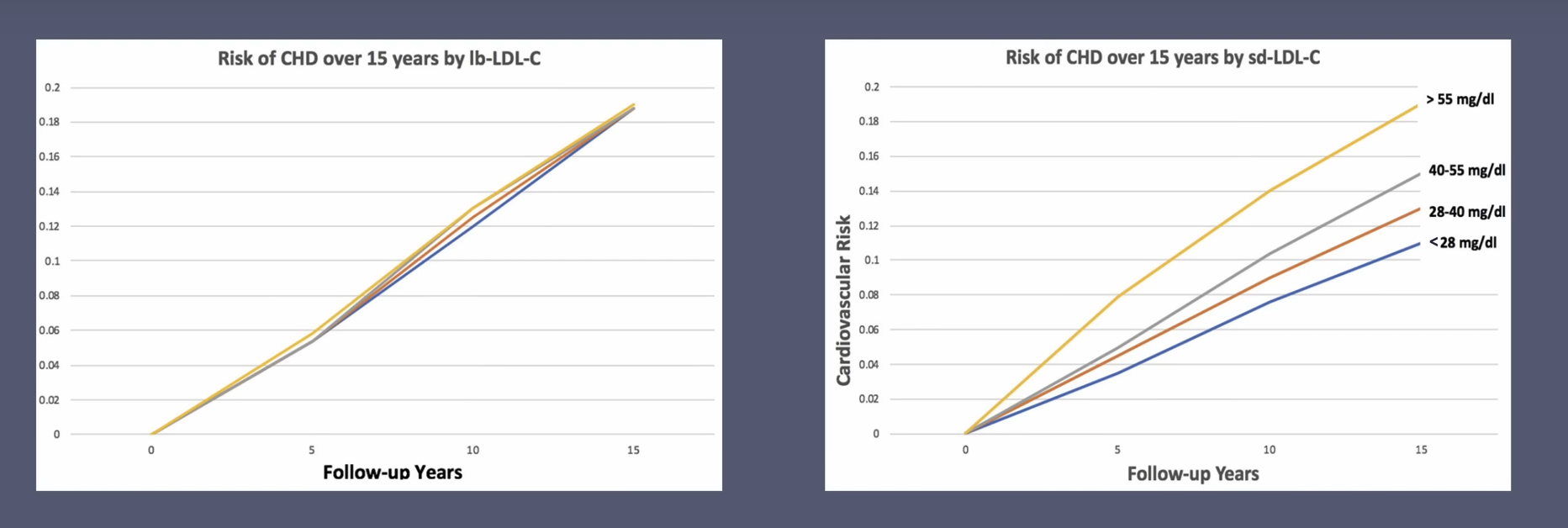High Cholesterol and your Diet

Medical school provided the perfect environment to establish a strong health knowledge base. Some parts of that foundation are wobblier than expected. The contradictory relationship between diet and cholesterol. One of the key lessons we learned in medical school was the significance of using cholesterol-lowering medications to treat elevated LDL cholesterol.
Plaque builds up in the coronary arteries of the heart and results from LDL cholesterol penetrating in the wall of heart vessels. Plaque rupture leads to a lethal clot blockage, and this starves the heart of essential blood flow leading to dead heart muscle. Dead heart muscle can’t pump so the heat stops beating.
It took me several years to understand, after treating many patients, that cholesterol is just a minor aspect of the issue. The medications we are prescribing are merely masking the issue.
If doctors learn the incomplete picture about cholesterol and health, then we should learn to question everything we are told and do our own research.
Cholesterol absorption
Even the false idea that eating foods with high cholesterol and saturated fat will raise your LDL-C is myth.
The vast majority of the cholesterol in the intestinal tract comes from the liver via the bile duct. So, 80% of the cholesterol in the intestinal tract comes from what the body makes in the liver and 20% from food intake.
The lipid hypothesis. Eating fats causes our lipids to rise, causing atherosclerosis is false.
There was an interesting study that took place. Over the course of a month, individuals consumed a daily intake of 35 eggs, yet their cholesterol levels did not show any abnormality.
Another study randomized control study where people ate coconut oil, butter and olive oil. In the coconut oil group, LDL went down. Seems counter intuitive since coconut oil contains a ton of saturated fat.
Varying factors affect absorption
Receptors in the intestines pop up when you need to take in more cholesterol.
Some people express the receptors in varying amounts and can be a hypo absorber, average or hyper absorber. So, genes play a role.
Your microbiome is a multitasker. The specific intestinal bacteria in your microbiome convert cholesterol into a form that can't be absorbed, thus reducing its absorption.
Certain foods contain plant sterols act as a competitive inhibitor at the receptor site. Nuts, legumes and seeds are some examples.
Cholesterol isn't the key factor in cardiovascular disease.
The size of the lipoprotein particle is incredibly important.
Lifestyle affects the size of these particles. The smaller the particle, the more harmful. Inflammation and oxidative stress is a powerful driver of damage in the body. Damaged small particles cause atherosclerosis.
Current guidelines and health organization are interpreting most individual’s cholesterol levels based on outdated information.
You can reference my other cholesterol article here on how to interpret your cholesterol panel to see the likelihood of having high small density LDL particles.
Particle number is a much better predictor of cardiovascular disease than total LDL volume.

People over 60 with high LDL (bad cholesterol) often live just as long, or longer, than those with low LDL. This doesn't match the idea that LDL is always bad for your heart. Because of this, we should rethink the rules about giving older people medicine to lower LDL to prevent heart disease.
How do you prevent the formation of these tiny density lipoproteins?
Prevent inflammation and oxidative stress.
There was a patient I came across who had obesity, smoked cigarettes, and struggled with uncontrolled diabetes. Two years earlier, a heart attack. Her lifestyle remains stagnant, untouched by any desire for change. The severity of her second heart attack is something we cannot overlook. Typically, it takes many years for atherosclerosis to develop in the blood vessels. The patient achieved it in two years. She did not have a weird or rare diagnosis either.
Your body carefully adjusts its cholesterol levels to match your lifestyle and diet minimally contributes to high cholesterol levels. LDL-C in itself is not the boogey man of heart disease.
It is important for our bodies to create a safe environment for our cholesterol levels. The body's environment and ecosystem result from our own creation. A healthy lifestyle promotes the body's well-being through cholesterol-rich clouds. When we go overboard with bad lifestyle choices, tiny bullet-like particles mess up our cells. It is crucial to recognize the detrimental effects of cholesterol on cardiovascular health, but it is also essential to understand its significance in maintaining overall well-being.